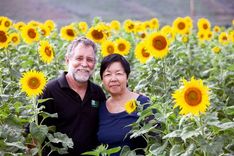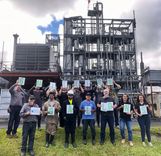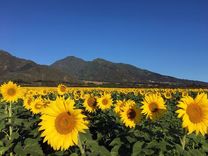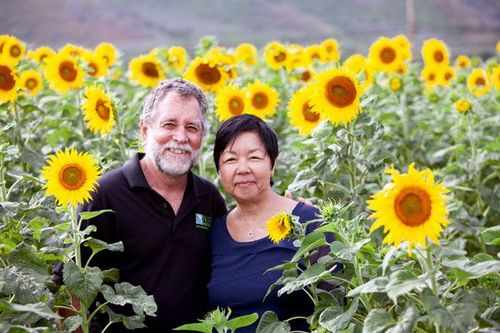Pacific Pioneer





Bob and Kelly King founded Pacific Biodiesel in 1995. PHOTO: PACIFIC BIODIESEL
June 5, 2024
BY Keith Loria
Advertisement
Advertisement





Bob and Kelly King founded Pacific Biodiesel in 1995. PHOTO: PACIFIC BIODIESEL
June 5, 2024
BY Keith Loria
Advertisement
Advertisement